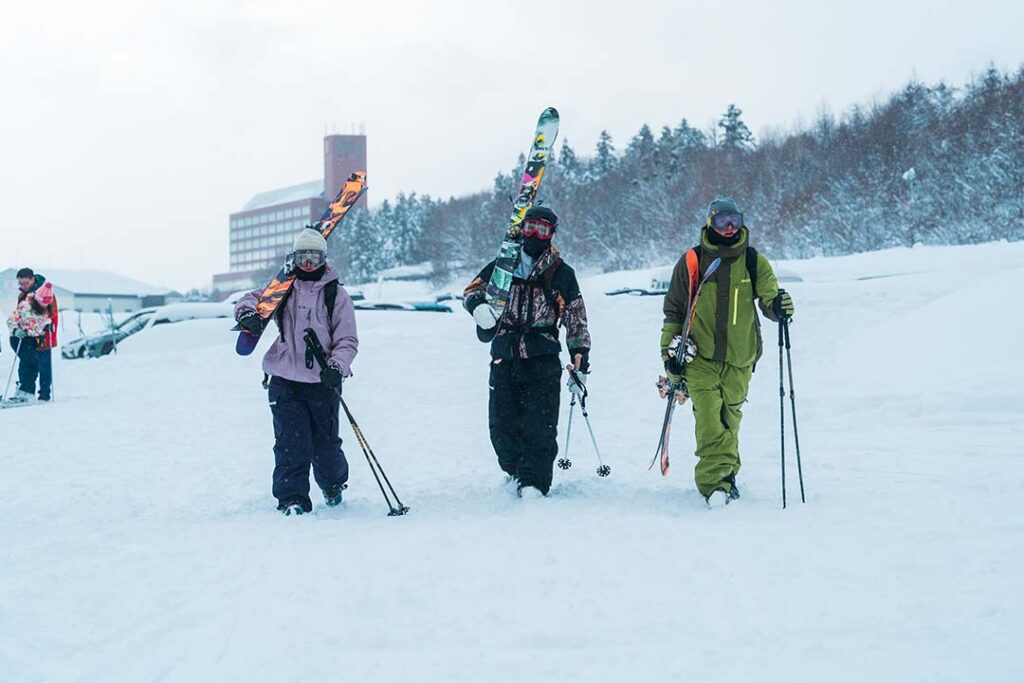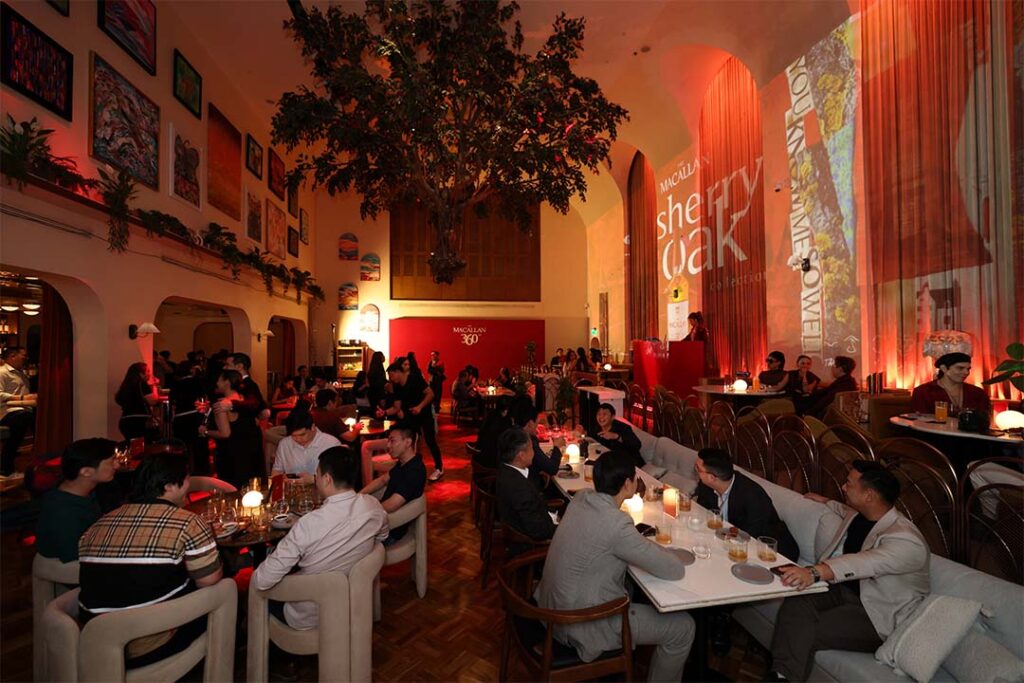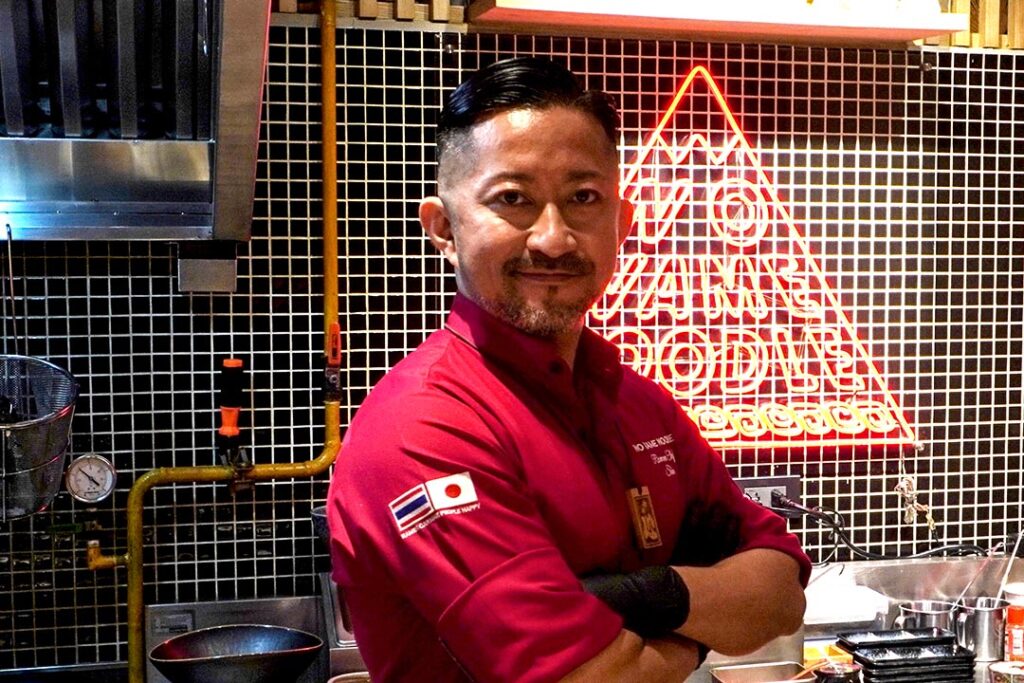In the misty folds of the Japanese Alps, not far from the towering silhouette of Mount Fuji, there’s a quiet place where time stretches serenely and undulates to nature’s rhythms—in stark contrast to most parts of highly urbanized Japan. In this special place, days flow gently, like spring water over stone.
Welcome to Nishiyama Onsen Keiunkan, officially the oldest hotel in the world, featuring free-flowing hot springs. First opened in the year 705 AD, this extraordinary onsen ryokan in Yamanashi Prefecture has been soothing weary travelers for over 1,300 years—and through 53 generations of the same family.
It’s enough to give anyone pause: this hotel has been in continuous operation since before the invention of paper money, before the Viking invasions, before Charlemagne wore a crown. Keiunkan’s walls contain entire legacies and histories, to be sure.
Legacy, etched in steam and stone
Founded by Fujiwara Mahito, a loyal retainer to Emperor Tenji, Nishiyama Onsen Keiunkan was built for imperial courtiers and samurai seeking rejuvenation in the healing mineral waters of the area. Its draw remains just as potent today. But this is no dusty relic. The hotel has quietly evolved over the centuries, modernizing in measured ways without compromising its essence.
And that essence is rooted in omotenashi—the uniquely Japanese spirit of hospitality that anticipates a guest’s every need, often before they even realize it. Beyond outward service, it’s inward philosophy. You don’t “stay” at Keiunkan. You’re welcomed, almost caught up, into a rhythm of life that feels both deeply ancient and remarkably personal.
FUN FACT : Nishiyama Onsen Keiunkan once hosted Takeda Shingen, one of Japan’s most famous samurai warlords, who reportedly relied on the hot springs to heal between battles.
What Is an onsen ryokan, anyway?
If you’ve never experienced an onsen ryokan, you’re in for more than a hotel night—you’re entering a portal to a quieter, more intentional way of being. Breaking it down:
- Onsen refers to natural hot springs, which bubble up all over volcanically active Japan.
- Ryokan denotes a traditional inn, often family-run, featuring tatami mat floors, sliding paper screens, futon beds, and a slowed-down, restorative pace.
These inns aren’t about sleek lobbies or business centers that drive the rat race, full steam ahead. They’re about a much more deliberate and focused way of living. Traditional onsen ryokans encourage being present in the moment—soaking in silence, savoring hyper-seasonal cuisine, and letting the hot waters melt away whatever the modern world has been weighing on your shoulders.
Keiunkan takes this experience to another level. The hotel draws water from four separate onsen sources, feeding six large baths—both indoor and open-air. The water gushes from the earth at a near-perfect 52°C, rich in minerals believed to heal joints, boost circulation, and calm the mind. You can soak in them under the stars or beneath the gentle fall of snow, depending on the season.
And yes, you can even drink the spring water—a purifying ritual in itself.
PRO TIP : If you’re shy about communal bathing, request one of the rooms with a private onsen. You’ll still get the healing waters—all to yourself.
In an age where everything is instant and disposable, Nishiyama Onsen Keiunkan reminds us that true hospitality is ageless.
Tradition, with hints of the modern
Today, Keiunkan has 37 guest rooms, each spacious and lovingly appointed in classic Japanese design: tatami mats, low wooden tables, and soft paper lanterns. But don’t expect Wi-Fi in every corner or a digital concierge. This is not a place for notifications and timelines. This is for exhaling. And most guests find that they’ve been holding their breath far too long—Keiunkan comes as a long overdue breather.
Still, the hotel hasn’t been afraid to evolve. It now offers private onsen baths in some rooms, and an understated modernization of bathrooms and amenities ensures guests are comfortable without disrupting the spirit of the space. Think of it as history with just the right touch of tech—like a kimono with hidden pockets.
The staff, many of whom have served here for decades, embody omotenashi with keenness and grace. They move silently, offer warm greetings, and tend to your stay with a humility and precision that almost feels languid and lyrical, despite its careful efficiency.
FUN FACT : The inn remained open through wars, pandemics, and regime changes—and it’s never once changed ownership outside the family line. That’s a world record, one which was recognized by Guinness World Records in 2011.
A storied culinary journey
Dinner at Keiunkan is an umami-rich culinary ceremony; a mindful tasting of the region’s soul. Served as a kaiseki—a traditional Japanese multicourse meal—the menu changes with the seasons and often showcases ingredients from just a few kilometers away. Expect dishes like mountain vegetable tempura, delicate sashimi, and hearty hot pot (nabe) made with wagyu beef and local mushrooms simmered right at your table.
Breakfast is served in your room—an experience made all the more special by the sublime sense of place. Imagine waking up, sliding open a paper screen to views of mist-shrouded mountains, and sipping green tea while savoring a tray of freshly grilled fish, miso soup, and rice—the whole scene is laid out like a painting.
PRO TIP : Wear the yukata robe provided during meals and throughout your stay—yes, even to dinner. It’s traditional, it’s cozy, and it’s totally expected.
How to get there
Reaching Keiunkan takes a little patience—which is part of what makes it so special. From Tokyo, it’s about a four-hour journey: start by taking the JR Limited Express from Shinjuku to Kofu, then transfer to the JR Minobu Line to Minobu Station. From there, it’s a scenic hour-long shuttle ride into the mountains. The hotel offers pickup service with advance reservations. The distance isn’t just physical—it’s part of the retreat; a contemplative journey that eases you out of the city and into something quieter, older, and deeply restorative.
Once you arrive, the chaos of modern life falls away; giving place to a timeless sense of calm. It’s not just a change in scenery, geographically—it’s a return to something essential, spiritually.
Why it still matters (perhaps, matters more than ever)
In an age where everything is instant and disposable, Nishiyama Onsen Keiunkan reminds us that true hospitality is ageless. This hotel hasn’t lasted 1,300 years because it chased trends. It has endured because it rooted itself in care—care for the land, care for tradition, and care for every single guest who passes through its doors. It also serves as a nudge to tap into a more balanced, holistic way of life.
For those interested in Japan not just as a destination but as a cultural dialogue—especially in the context of bilateral understanding—Keiunkan offers a lesson. Japan’s strength lies in how it honors the past while gently adapting for the future. This inn is living proof that legacy and innovation aren’t at odds. They’re two hands, folded in welcome.
If you’re searching for a stay that’s less about amenities and more about meaning, Keiunkan calls. Step into the steam, listen to the silence, and trace the unbroken thread of hospitality stretching back over a millennium. There is a quintessential beauty in things that endure, enrich (in ways the matter most), and endear. Keiunkan continues to radiate it, today.














